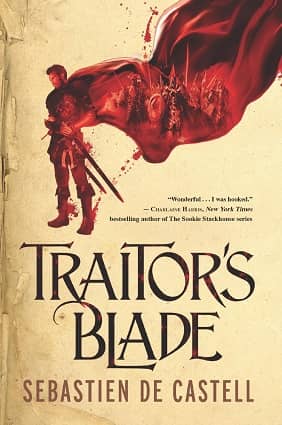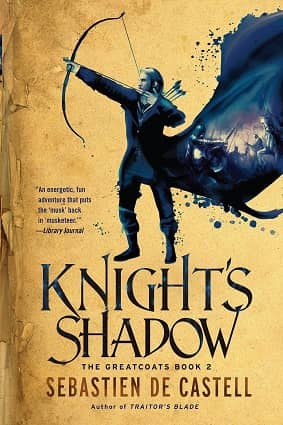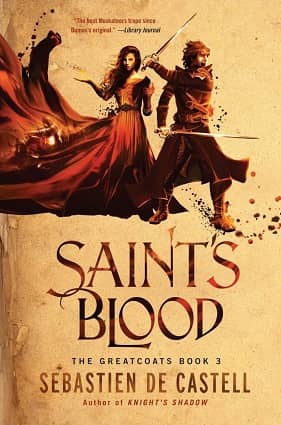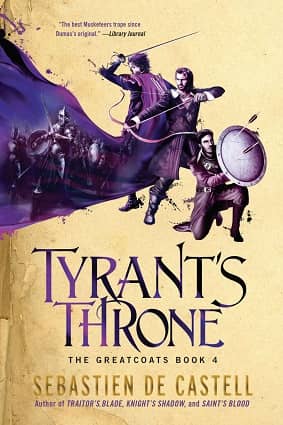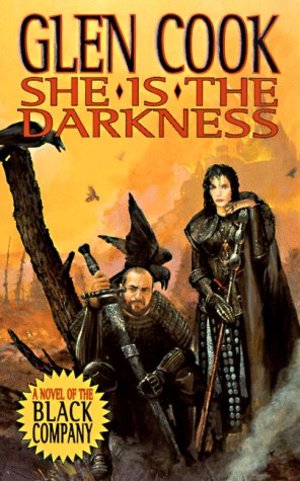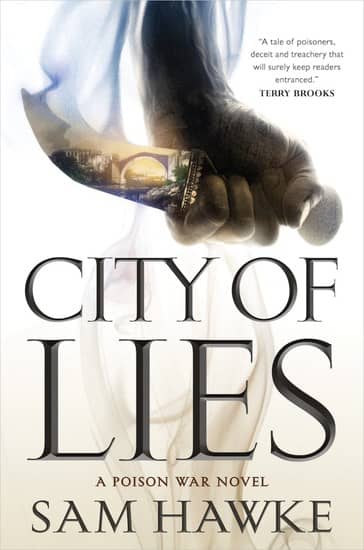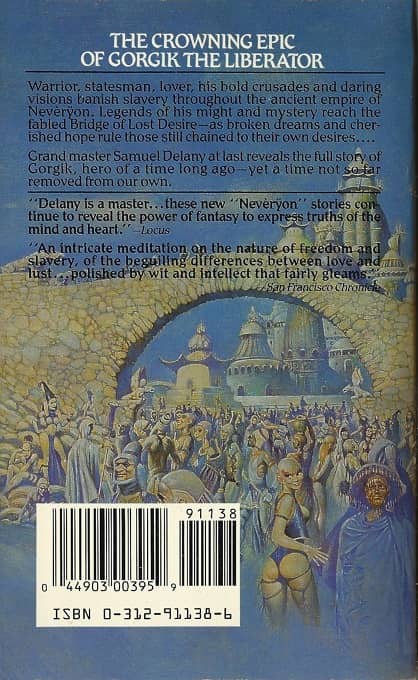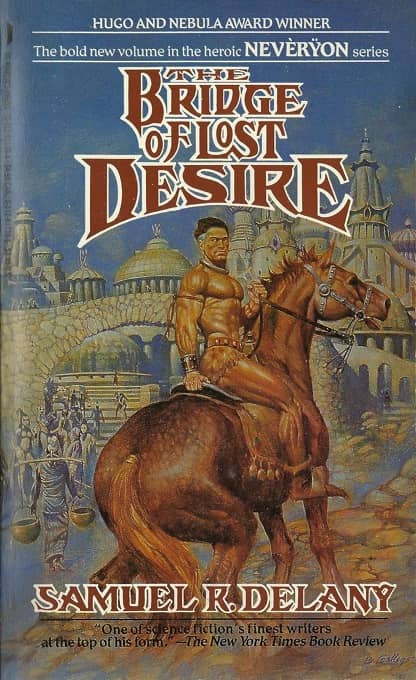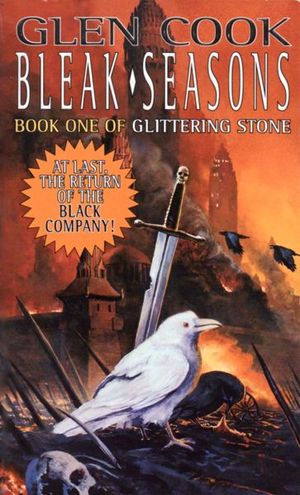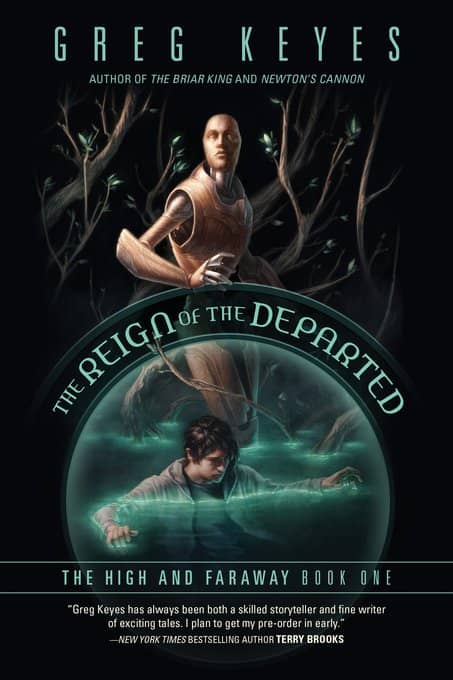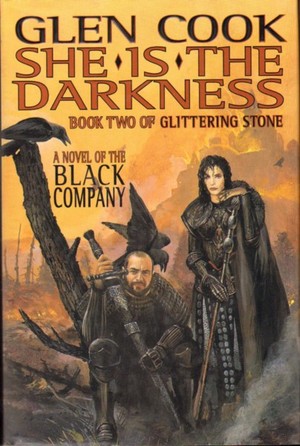 A skinny, mangy mongrel raced past and on the dead run clamped jaws on a startled crow. He got a wing.
A skinny, mangy mongrel raced past and on the dead run clamped jaws on a startled crow. He got a wing.
All the crows in the world descended on him before he could enjoy his dinner.
“A parable,” One-Eye said. “Observe! Black crows. Black dog. The eternal struggle.”
“Black philosopher,” Croaker grumbled.
“Black Company.”
One-Eye and Croaker from She Is the Darkness
It’s summer, I’m busy living a summer life. As Glen Cook books go, She Is the Darkness (1997) is a long one. Um, something, something, something. All that’s to say I’m breaking my review into two parts. It’s not what I’d normally do, but I don’t want to lose the momentum of reading the books back to back. Remember: beyond here lie spoilers.
At the end of the previous book, Bleak Seasons, the Black Company under the restored leadership of Croaker, aka the Old Man, aka the Captain, was girding its loins for the final march on the last stronghold of Longshadow, the last Shadowmaster.
Overlook is pretty much Glen Cook’s version of Barad-dûr. Its walls rise to a hundred feet, and are covered in protective spells. Inside lurk untold numbers of soldiers backed by the terrible sorcery of the erstwhile Taken, Howler, and Longshadow himself.
In the field, ex-Black Company chief-of-staff Mogaba leads Longshadow’s last remaining army. Aided by another defector, Blade, Mogaba cannot imagine himself being beaten, and lies in wait for the Black Company and the soldiers of Taglios to attempt to force the pass over the Dhanda Presh Mountains.
Oh, and the wife of new Black Company Annalist Murgen was murdered by the Deceivers. During an assassination attempt on Croaker in the Palace of Taglios, a group of killers found their way into the living quarters of Murgen’s family and left his wife Sahra and her son dead. While not a completely broken man, Murgen is allowing himself to become addicted to traveling through time and space on the spirit of the comatose wizard, Smoke. Officially, Murgen’s doing this to spy on Longshadow and other things important to the health and welfare of the Black Company, but really it’s to avoid the depression brought on by the killing of Sahra. It continues to be a poorly explained and clunky device.
The death of Sahra is also not as simple as it seems. There’s a terrible secret surrounding it, and even though his late wife’s family, including the thoroughly kickass Uncle Doj, know what happened, Murgen doesn’t uncover it for many months. In a series flush with emotionally raw events, what really happened the night of Sahra’s death is one of the hardest in the whole series.
The entire first half of She Is the Darkness concerns the movement of Croaker’s forces towards the showdown with Mogaba’s and Blade’s. Meanwhile Murgen, flying on the wings of Smoke’s psyche, spies for his commander and fills in all the gaps for the reader, giving us an inside look at the doings of the Company’s enemies. There’s no getting around it, much of the first half of the book’s a slog. It might reflect some sort of logistical and strategic masterpiece if it occurred in real life, but on the page it moves like molasses on a winter day. Nonetheless, the book isn’t a disaster, just frustrating.
…
Read More Read More
